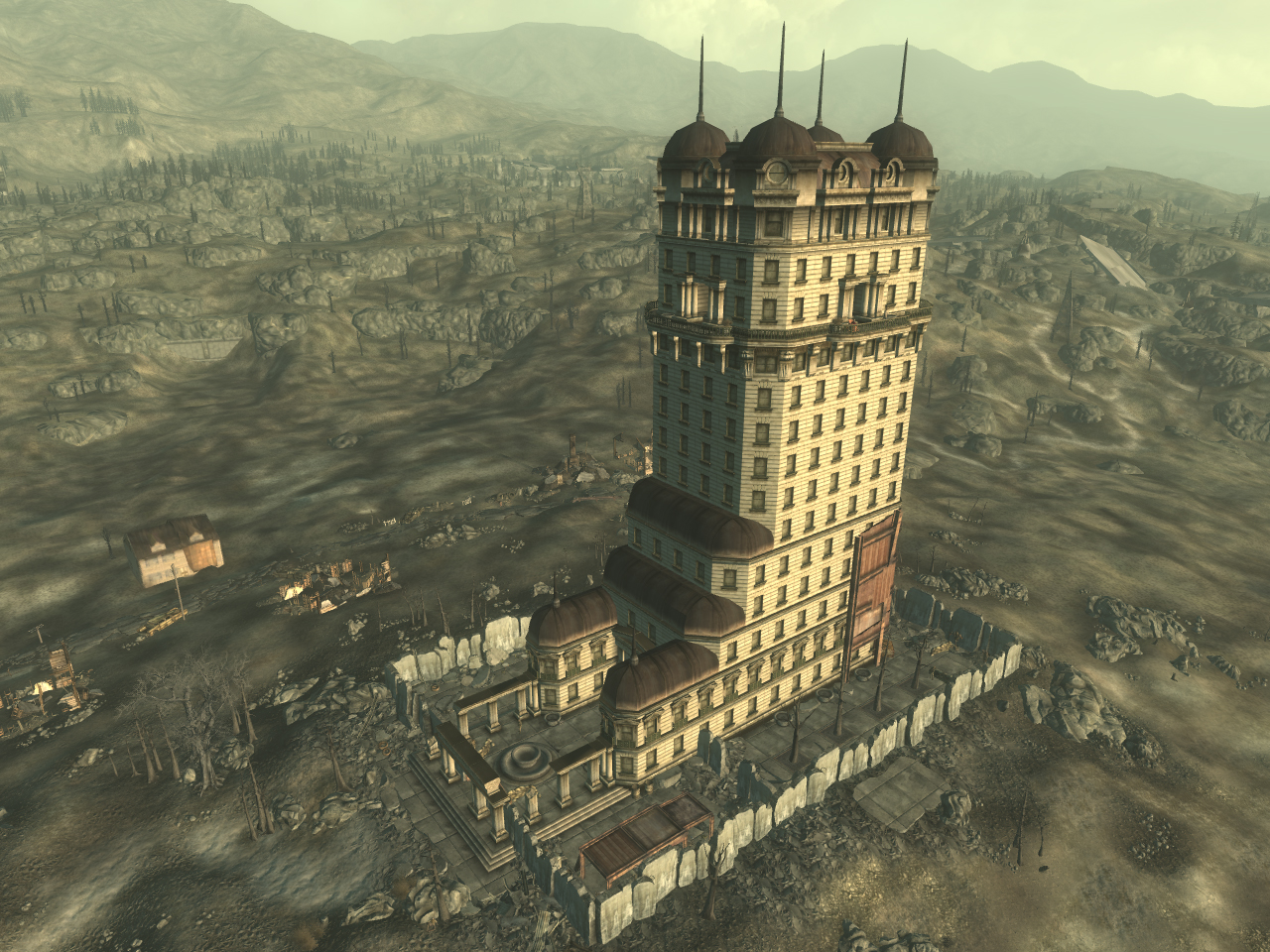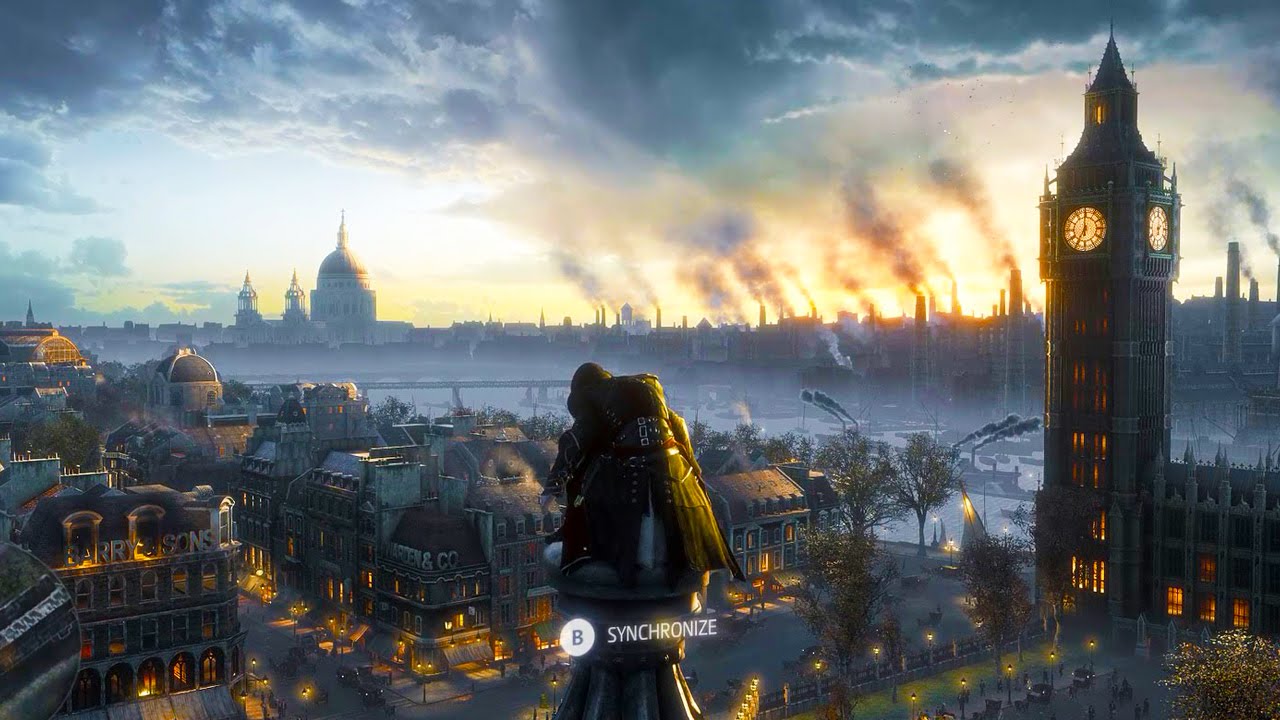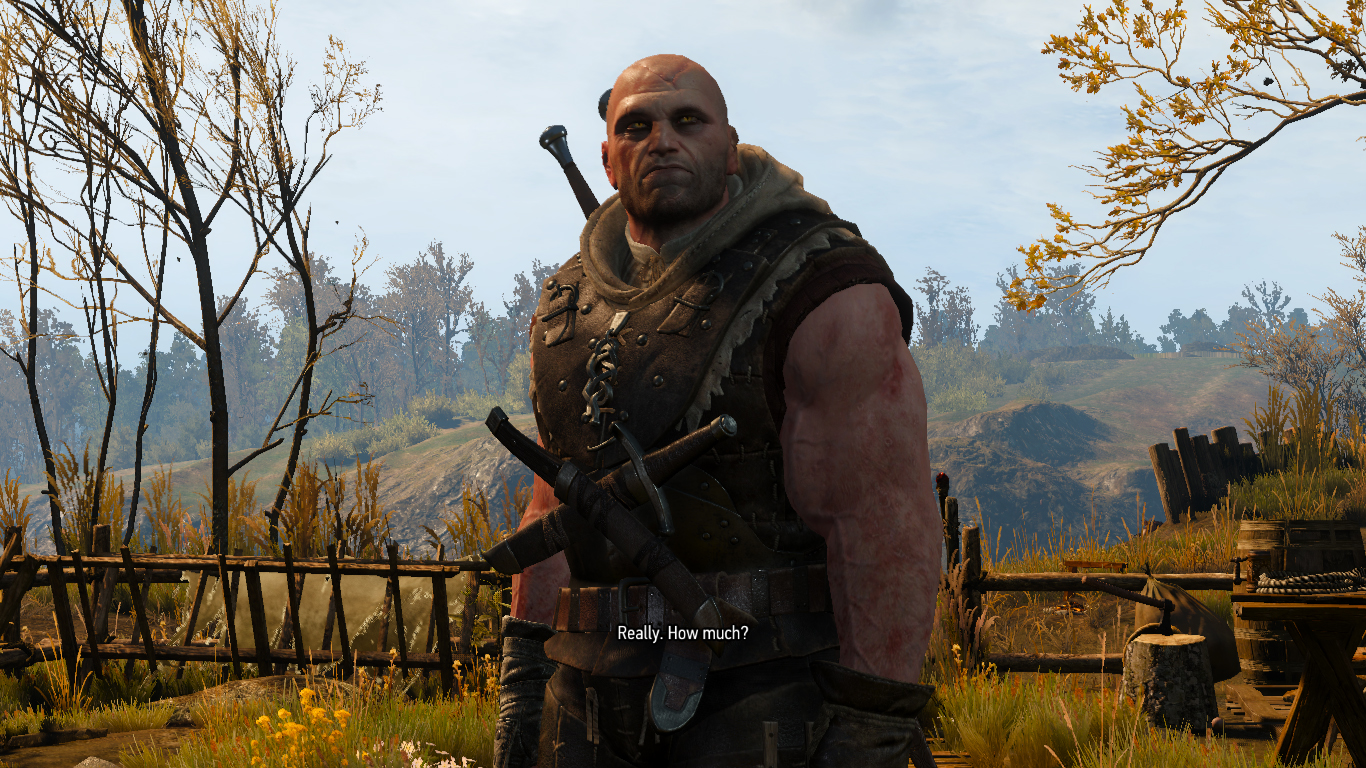Correction 3:41 p.m. Pacific: We incorrectly stated Bethesda’s first game was The Elder Scrolls III: Morrowind. It should’ve read that the first Bethesda game that the author played was The Elder Scrolls IV: Oblivion. We’ve corrected the error and regret the mistake.
The only thing that truly excites me about Bethesda Game Studios’ role-playing games are the side-quests. Nobody does these better.
Ever since my first Bethesda game, The Elder Scrolls IV: Oblivion, I’ve been watching it delivering giant, detailed settings to explore. But more important, Bethesda always includes plenty of intriguing and complex characters to meet, stories to digest, and interesting things to do in its environments. Fallout 4 is no exception, and looking at all of the open-world games released this year, most of them fail to pull off the same sense of a living, breathing, alluring world to get lost in as Bethesda does into its latest RPG.
I’ve played four Bethesda role-playing games: The Elder Scrolls IV: Oblivion, Fallout 3, The Elder Scrolls V: Skyrim, and now Fallout 4. None of their main stories are compelling or interesting. The gameplay is usually lacking, as you’ll easily find a ton of games that pull off first-person shooting and melee combat much better — Dying Light and Call of Duty: Black Ops 3 have this year. Unfortunately, Bethesda’s games also contain a slew of technical issues, like awkward character movement and physiques.
The world-building is always great — Fallout’s postapocalypse United States and The Elder Scrolls’ high-fantasy Tamriel are beautifully realized. But even then, we aren’t short of interesting open-world settings to explore in games nowadays. Just this year alone, we’ve had Assassin’s Creed: Syndicate’s 18th century London, The Witcher 3: Wild Hunt’s Nordic-inspired Skellige Islands, Mad Max’s deadly barren wasteland, Batman: Arkham Knight’s Gotham City, and Metal Gear Solid V: The Phantom Pain’s Afghanistan.
However, the one thing that these games lack are Fallout 4’s memorable and well written side quests. They avoid feeling repetitive and banal, which is something I can’t say for the quests in the aforementioned games.
An unforgettable hotel, mutt, and tree
It’s been well over six years since I last played Fallout 3, and I honestly can’t remember what the story is about. All I know is that it has Liam Neeson playing your father. But what is forever lodged in my memory is the moment I discovered the glamorous and lofty Tenpenny Tower (a hotel) in the middle of the wasteland. As I slowly tried to enter, I noticed an innocent ghoul being refused entry by the tower’s rich inhabitants because he was different — a ghastly looking creature that was anything but normal.
I then finally entered, and after exploring the tower, I made my way to the roof where I met a certain Mister Burke. I had to decide the fate of Megaton, the first town you meet in the game. I previously activated the atom bomb that laid dormant in the middle of Megaton, and now all I needed to do was literally push the red button and watch it explode. Allistair Tenpenny, the owner of Tenpenny Tower, thought the town was a blight on the capital wasteland. I finally decided to detonate it. Megaton, which was vital to Fallout 3’s overarching story and one that included a handful of side characters and quests, was no more.
I still remember the first time I accidentally found Barbas the Dog in Skyrim near Falkreath, one of the main cities in the game. He talks to you telepathically in a Jewish accent. Of course you discover that he isn’t actually a talking dog but a Daedra’s companion who chose to take the form of a cute little dog.
Barbas recruits you to help him reunite with his master, the Daedric prince Clavicus Vile. You can choose to embark on this quest or keep him around as an extra, powerful party member. Of course, you can’t forget the first time you discover Oasis in Fallout 3 — the only place in the capital wasteland where greenery exists. You discover the reason why things can grow in Oasis is because a human somehow fused with a tree. You’ve to eventually decide the fate of the poor human, named Harold, by making a few tough choices.
You’ll find plenty of these types of side missions in Fallout 3, Oblivion, Skyrim, and Fallout 4: quests that contain their own little interesting stories and flesh out their respective worlds. You can meet an elusive thieves’ guild in a town’s sewers in Skyrim; pull off the ultimate heist in Oblivion; or become a vigilante dressed in gangster clothes in Fallout 4. These worlds come to life only because the quests are so great. Fallout 3’s capital wasteland becomes more interesting and fleshed out when you come across something like Tenpenny Tower, which has a handful of memorable stories to share with you.
Gameplay loops galore
The issue that most other open-world games have, like Assassin’s Creed: Syndicate and Arkham Knight, is that their side-quests are usually nothing more than gameplay loops. I’m simultaneously playing Syndicate and Fallout 4. The latter’s quests let me meet a deluge of interesting characters and have taken me on exciting adventures, whereas in the former game I’ve spent hours trying to kill generic templar after generic templar in the exact same way. When will Ubisoft realize that constantly trying to liberate a city gets boring after all these years.
In Arkham Knight, the quests that actually do have a story to tell don’t last very long. You can complete one of them in less than 10 minutes — the definition of being anti-climactic. That’s the one area, other than the dreadful Batmobile, that Arkham Knight is lacking in. Some point in the game Two-Face starts robbing Gotham’s banks and you’ve to stop him. Sounds exciting right? Well, all you ever do is stealthily take out a bunch of nameless thugs, including Two-Face himself. It’s forgettable and boring. The Riddler trophies are also a complete nightmare.
The Witcher 3 does a better job as a chunk of its quests are just as good as Fallout 4’s. Heck, I went on a mysterious island to hunt down an ice giant and look for a missing prince. But I found most of the game’s side characters — those who force you to embark on these quests – uninteresting. I enjoyed the sense of adventure in these side-missions, but I didn’t feel an emotional attachment to whatever I was doing.
One quest involves a fellow Witcher, Letho Cameo. You’ve to help him kill a few of his enemies after you find him hiding out in an abandoned estate. I loved tracking down his enemies, but I didn’t really care why I was helping Letho. CD Projekt does a poor job of introducing him to newcomers, as he’s an antagonist in The Witcher 2. For fans of the series, this quest is a lot more emotionally involving than for newbies like me.
The rules of The Witcher’s world, its characters, and its history constantly felt lost on me. You meet a ton of returning characters like Letho, which have meaty quests for you to do. Djisktra, a wealthy nobleman, is another prime example as he’s yet another series regular. His quests sound great, and they do feature a ton of exciting scenarios, but I never really got a sense of who this character was.
Playing Fallout 4, I find that it treats newcomers and those who haven’t played a Fallout game much better. It doesn’t lean on lore as much as The Witcher 3 does. Meeting the ghoul Ken Conolly while doing The Silver Shroud quest in Fallout 4 is a great example. Ken is a likable, sweet, innocent ghoul who wants to relive the 1950s. I instantly loved him because Fallout introduces him in a great way, and I don’t need to know what happened in Fallout 3 to like him.
It’s also totally fine having gameplay-driven objectives and quests littered throughout a map. After all, a game that employs fun mechanics is always a joy to play, but it isn’t fine if that’s the only thing you’ll be doing other than completing the main story.
The real beauty of open-world games is their potential to suck you into their settings and get lost in them. But other than the occasional Bethesda RPG, not many actually let me.
Now excuse me, I have to assassinate another templar.
VentureBeat's mission is to be a digital town square for technical decision-makers to gain knowledge about transformative enterprise technology and transact. Learn More





